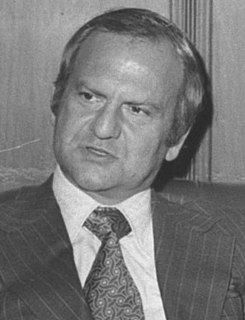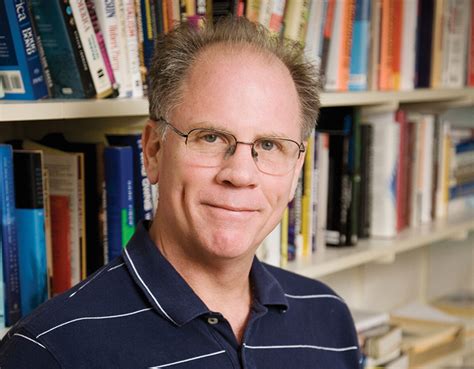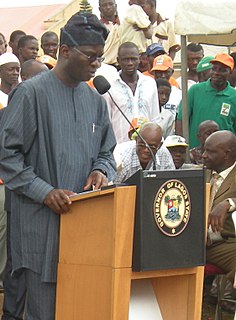A Quote by Will Rogers
Every time somebody has thought of relief for the farmer it has been to make it so he could borrow more money. What he needs is some way to pay back. Not some way to borrow more.
Related Quotes
Unkindness to anything means an injustice to that thing. If I am unkind to you I do you an injustice, or wrong you in some way. On the other hand, if I try to assist you in every way that I can to make a better citizen and in every way to do my very best for you, I am kind to you. The above principles apply with equal force to the soil. The farmer whose soil produces less every year, is unkind to it in some way; that is, he is not doing by it what he should; he is robbing it of some substance it must have, and he becomes, therefore, a soil robber rather than a progressive farmer.
The best way to encourage economic vitality and growth is to let people keep their own money.When you spend your own money, somebody's got to manufacture that which you're spending it on. You see, more money in the private sector circulating makes it more likely that our economy will grow. And, incredibly enough, some want to take away part of those tax cuts. They've been reading the wrong textbook. You don't raise somebody's taxes in the middle of a recession. You trust people with their own money. And, by the way, that money isn't the government's money; it's the people's money.
What's fascinating . . .is that you could now have a business that might have been selling for $10 billion where the business itself could probably not have borrowed even $100 million. But the owners of that business, because its public, could borrow many billions of dollars on their little pieces of paper- because they had these market valuations. But as a private business, the company itself couldn't borrow even 1/20th of what the individuals could borrow.
The fact that oppressive and corrupt regimes can borrow money in the name of the whole country means that the country's future generations will be weighed down by interest and repayment burdens, even if the money has been frittered away in some frivolous way, embezzled or used for weapons to suppress the country's population.
We are thus in the position of having to borrow from Europe to defend Europe, of having to borrow from China and Japan to defend Chinese and Japanese access to Gulf oil, and of having to borrow from Arab emirs, sultans and monarchs to make Iraq safe for democracy. We borrow from the nations we defend so that we may continue to defend them. To question this is an unpardonable heresy called 'isolationism.'
I'd like my grandkids to be able to watch PBS. But I'm not willing to borrow money from China, and make my kids have to pay the interest on that, and my grandkids, over generations, as opposed to saying to PBS, 'Look, you're going to have to raise more money from charitable contributions or from advertising.'




































